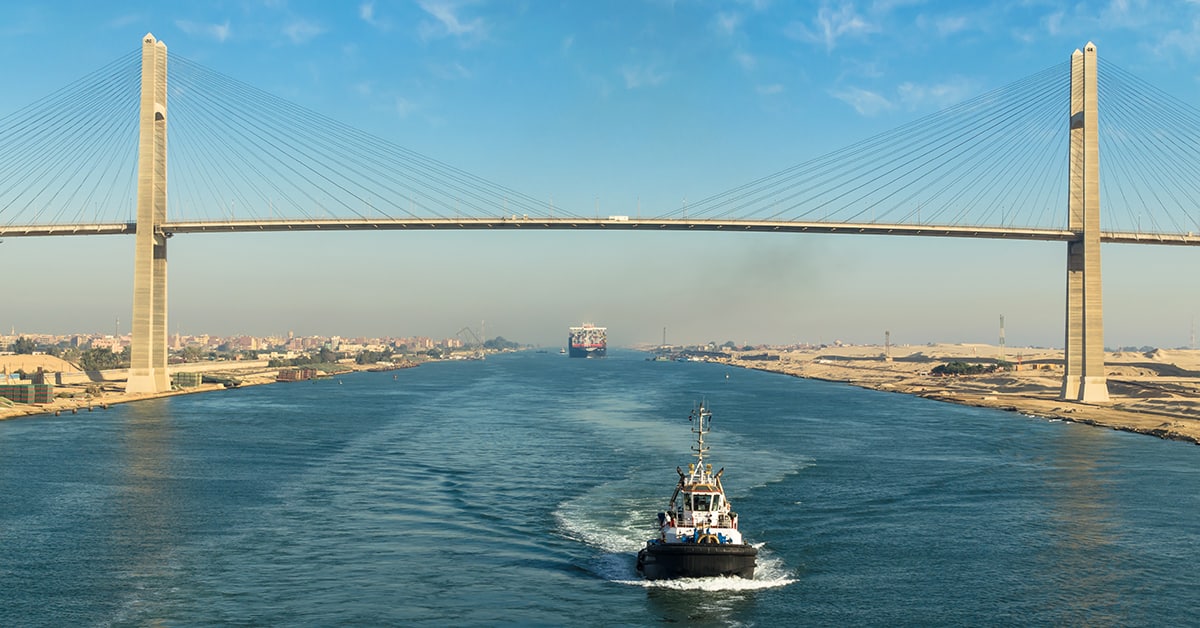From January 1, 2023, tolls will increase by 15% for vessels including oil tankers, and 10% for dry bulk and cruise ships.

The Suez Canal Authority (SCA), which manages and operates the Suez Canal, will increase fees for ships using the waterway by up to 15%, as the disruption caused by the Covid-19 pandemic and soaring inflation bites into profits. But the announcement has attracted criticism after the SCA said it expected revenue to increase by $700 million annually following the latest toll hike.
From January 1, 2023, tolls will increase by 15% for vessels including oil tankers, and 10% for dry bulk and cruise ships, according to analysts. Approximately 12% of international trade is carried through the 105 nautical mile canal.
The SCA’s decision to increase fees follows a rapid recovery of daily charter rates for crude oil tankers—which it claims increased by 88% on average compared to the rates of 2021—and an in-crease of 11% in the average daily charter rates of liquified natural gas (LNG) carriers in the same period, according to a prepared statement. The latest increase follows a spate of increases this year. In February, the SCA announced a 6% upward tariff revision; the following month, it introduced a 5% to 10% surcharge, followed by a further revision in May ranging from 7% to 20%.
Trade bodies such as the Asian Shipowners Association have condemned the recent hikes. “Our members have difficulties explaining such [a] toll increase to the supply-chain stakeholders. It is difficult to tell how the SCA calculates the rate of increase, by which parameters, at which timing, or how the market change is reflected,” the Asian Shipowners’ Association Shipping Policy Committee said in an e-mail statement.
Defending the latest round of increases, SCA Chairman Osama Rabiee had commented, “The increase is inevitable and a necessity in light of the current global inflation rates that reached more than 8%, which translates into increased operational costs and costs of the navigational services provided in the Canal.”
The importance of the Suez Canal to global trade was demonstrated last year after the container ship Ever Given ran aground, blocked the channel for six days and delayed the transit of more than 400 ships.



